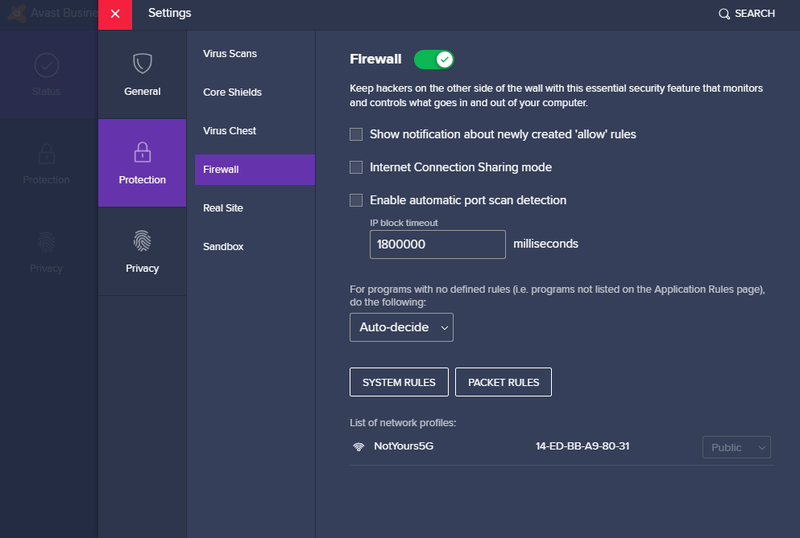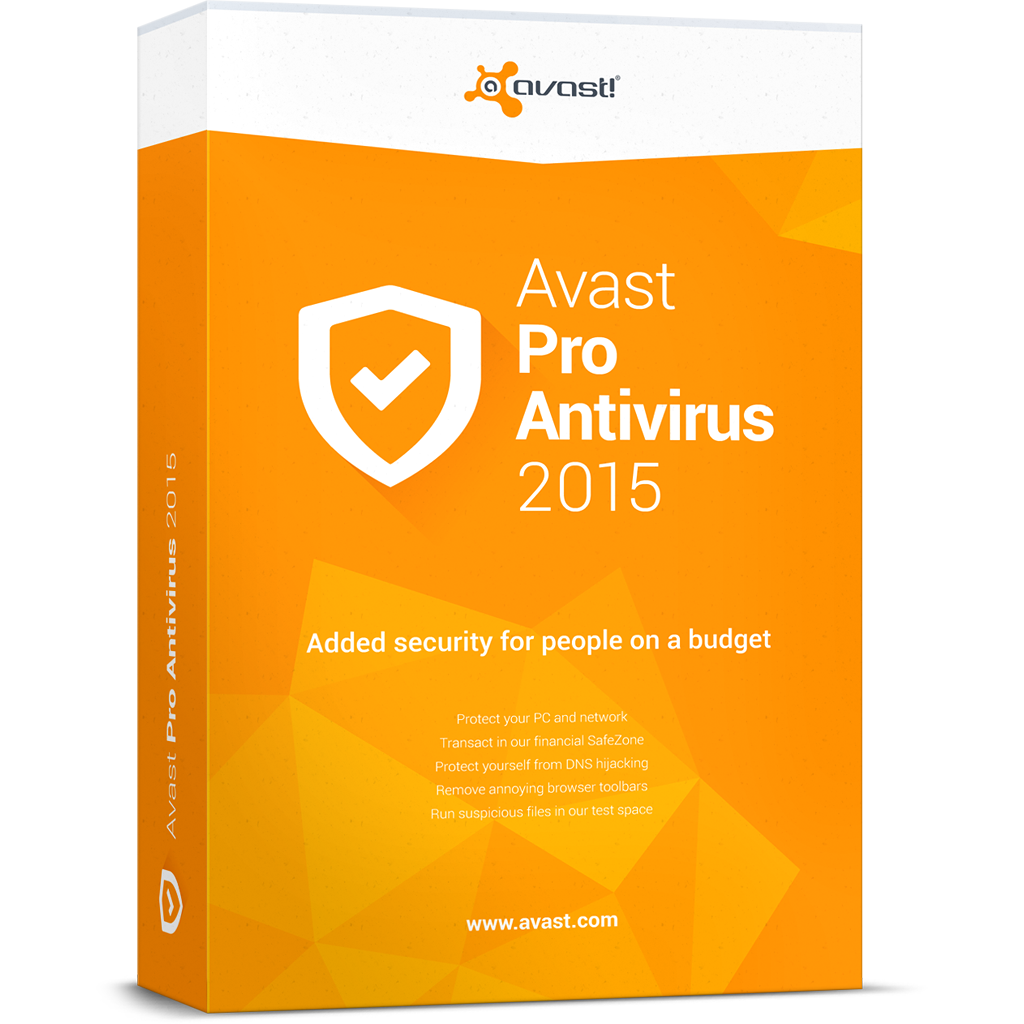
Employees are instructed not to talk publicly about Jumpshot's relationships with these companies. But other companies mentioned in Jumpshot documents include Expedia, IBM, Intuit, which makes TurboTax, Loreal, and Home Depot. In a press release from July, Jumpshot claims to be "the only company that unlocks walled garden data" and seeks to "provide marketers with deeper visibility into the entire online customer journey." Jumpshot has previously discussed some of its clients publicly. Using a non-work phone or computer, you can contact Joseph Cox securely on Signal on +44 20 8133 5190, Wickr on josephcox, OTR chat on or email the data does not include personal information such as users' names, it still contains a wealth of specific browsing data, and experts say it could be possible to deanonymize certain users. It is possible to determine from the collected data what date and time the anonymized user visited YouPorn and PornHub, and in some cases what search term they entered into the porn site and which specific video they watched.ĭo you know about any other companies selling data? We'd love to hear from you. The data obtained by Motherboard and PCMag includes Google searches, lookups of locations and GPS coordinates on Google Maps, people visiting companies' LinkedIn pages, particular YouTube videos, and people visiting porn websites. Avast collects data from users that opt-in and then provides that to Jumpshot, but multiple Avast users told Motherboard they were not aware Avast sold browsing data, raising questions about how informed that consent is. Some clients paid millions of dollars for products that include a so-called "All Clicks Feed," which can track user behavior, clicks, and movement across websites in highly precise detail.Īvast claims to have more than 435 million active users per month, and Jumpshot says it has data from 100 million devices.

Some past, present, and potential clients include Google, Yelp, Microsoft, McKinsey, Pepsi, Home Depot, Condé Nast, Intuit, and many others. They show that the Avast antivirus program installed on a person's computer collects data, and that Jumpshot repackages it into various different products that are then sold to many of the largest companies in the world.

The documents, from a subsidiary of the antivirus giant Avast called Jumpshot, shine new light on the secretive sale and supply chain of peoples' internet browsing histories.


 0 kommentar(er)
0 kommentar(er)
